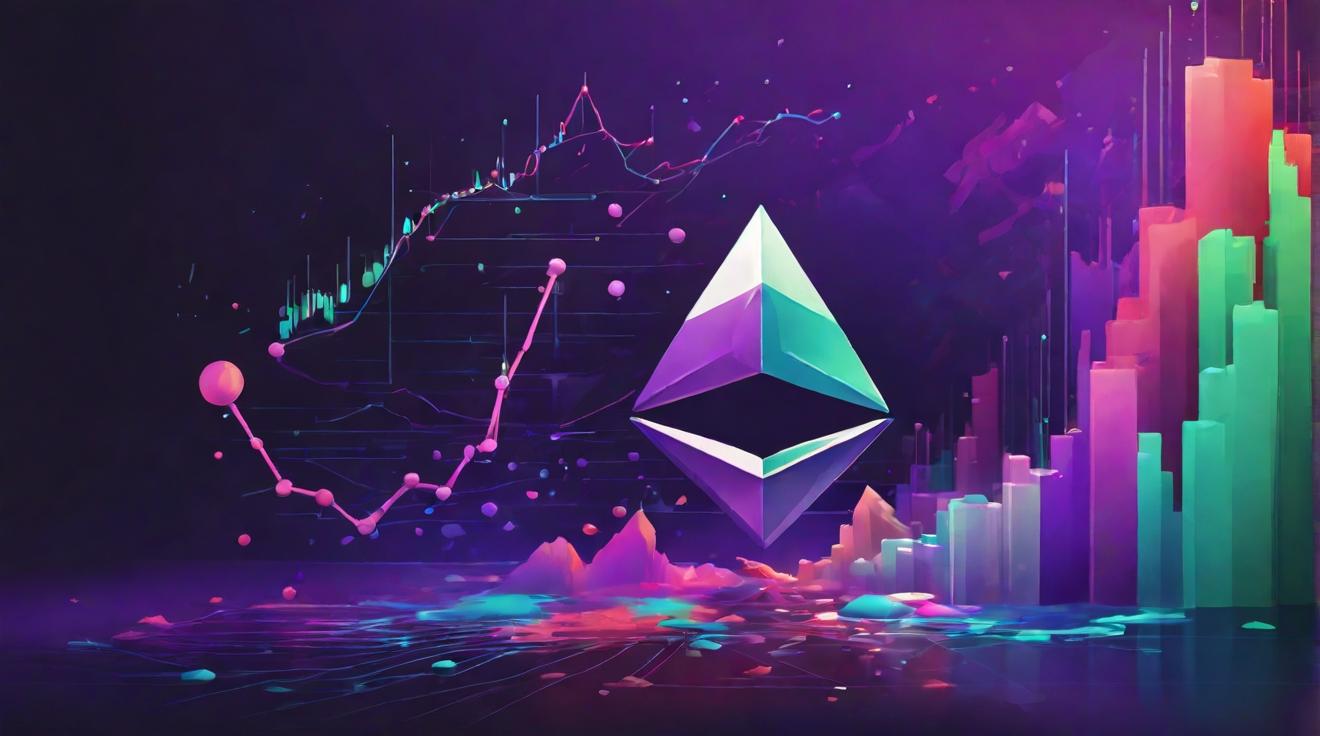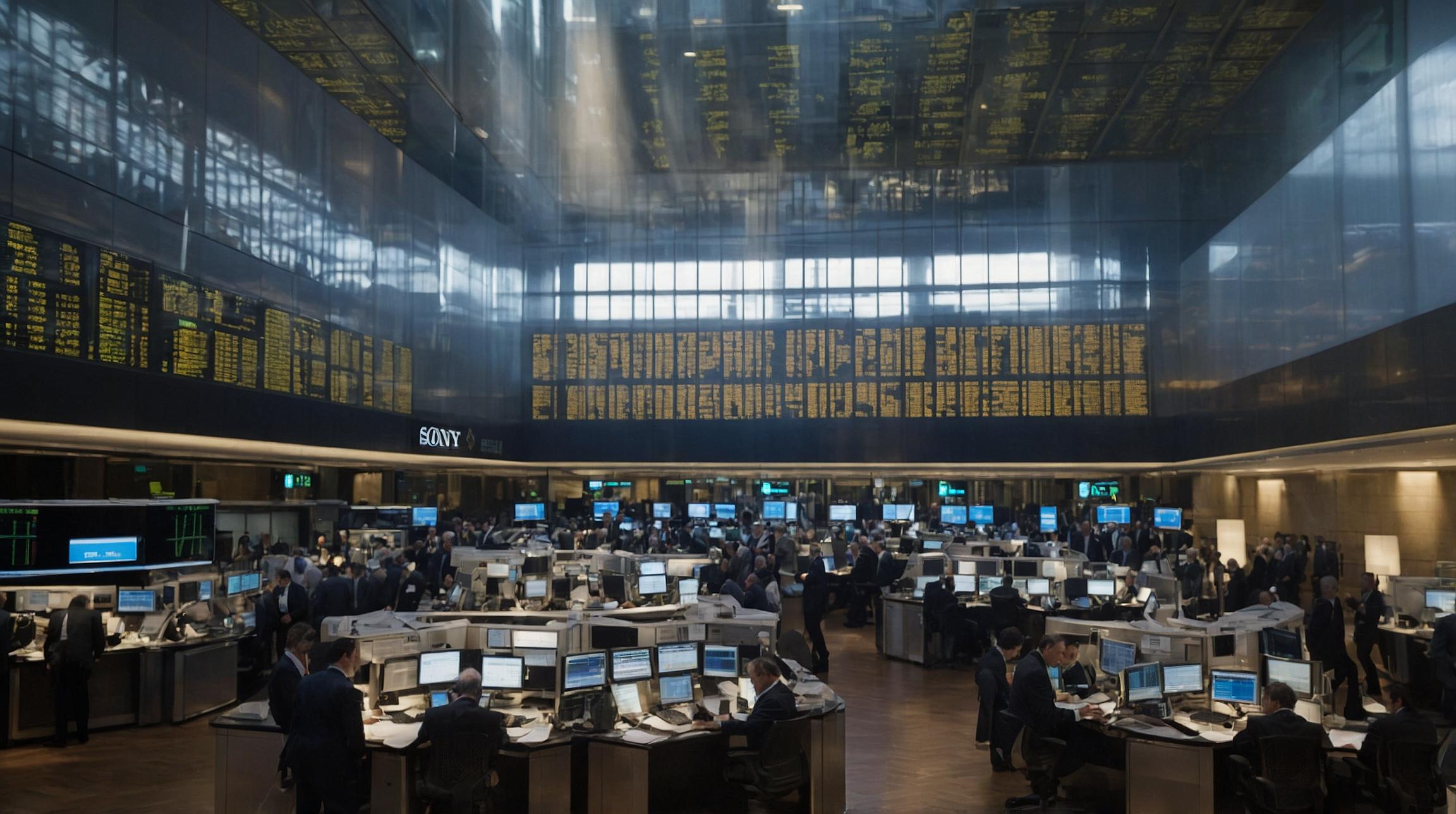Blockchain in Human Resources: Streamlining Talent Management and Recruitment SWOT Comparison
Exploring the Potential of Blockchain in HR: An Analytical SWOT Comparison
Blockchain technology has been revolutionizing various industries, and now it is making its mark in the field of Human Resources (HR). The decentralized and transparent nature of blockchain holds great potential for streamlining talent management and recruitment processes. To better understand the impact of blockchain in HR, let’s conduct a SWOT (Strengths, Weaknesses, Opportunities, and Threats) analysis.
Reinventing Talent Management: How Blockchain is Shaping HR Practices
One of the key strengths of blockchain in HR is its ability to revolutionize talent management practices. By recording and verifying employee credentials and achievements, blockchain can provide a secure and tamper-proof system for managing talent. This eliminates the need for manual verification processes, saving time and resources for both employers and candidates. Additionally, blockchain can facilitate the creation of decentralized talent marketplaces, where individuals can showcase their skills and connect with potential employers directly.
Unleashing Efficiency: Streamlining Recruitment with Blockchain Technology
Recruitment is a crucial part of HR, and blockchain technology offers several opportunities for streamlining the process. With blockchain, candidate information can be securely stored and verified, ensuring the accuracy and reliability of data. The use of smart contracts can also automate various recruitment tasks, such as background checks and reference verifications, reducing the administrative burden on HR professionals. Furthermore, blockchain-based recruitment platforms can enhance transparency, allowing employers to access a broader pool of talent and reducing the chances of bias in the hiring process.
Examining the Strengths and Weaknesses of Blockchain in HR: A SWOT Analysis
When analyzing the strengths and weaknesses of blockchain in HR, it becomes evident that its strengths lie in its ability to provide secure and tamper-proof records, streamline talent management practices, and automate recruitment tasks. However, there are also weaknesses to consider. Blockchain technology is still relatively new and unfamiliar to many HR professionals, requiring training and adaptation. Additionally, the implementation of blockchain in HR may face resistance from stakeholders who are skeptical about the security and reliability of the technology.
The Future of HR: Leveraging Blockchain to Boost Talent Acquisition and Management
The future of HR lies in leveraging blockchain technology to enhance talent acquisition and management processes. By embracing blockchain, HR departments can create a more efficient, transparent, and secure ecosystem for talent management and recruitment. Blockchain-based platforms can facilitate seamless verification of credentials, reduce administrative burdens, and promote a more inclusive and diverse hiring process. As the technology continues to evolve, HR professionals need to stay updated and adapt to the potential benefits that blockchain can bring to the field of HR.
In conclusion, blockchain technology holds immense potential for transforming HR practices, particularly in talent management and recruitment. By leveraging the decentralized and transparent nature of blockchain, HR departments can streamline processes, improve efficiency, and enhance the overall candidate experience. While there are challenges and weaknesses to address, the future of HR undoubtedly lies in embracing blockchain technology to unlock its full potential in talent acquisition and management.













